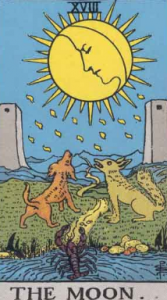Continued from previous post…..
The Moon in a Tarot Spread:
When The Moon comes up in a reading, things become less certain, less concrete and less dependable. This is also a good time for the reader to remember that the moment she begins shuffling the cards she crosses over into the mystical, shadowy realm of The Moon, where magic shimmers in plain sight, the impossible is possible, and things are not always as they seem. Be very careful reading a spread where The Moon is present. It means that both the reader and the querent are seeing the world through moonstruck eyes.
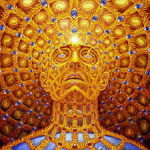 The Moon is the card of the psychic, the artist, and the visionary. When these folks work, The Moon is their mistress. If The Lady is kind, their intuition is sound, their visions are inspiring, and they bring back amazing beauty and profound understanding from her realms. But often, like those who shop at the Goblin Market, the fruits they find there are deceptive at best, and deadly at worst.
The Moon is the card of the psychic, the artist, and the visionary. When these folks work, The Moon is their mistress. If The Lady is kind, their intuition is sound, their visions are inspiring, and they bring back amazing beauty and profound understanding from her realms. But often, like those who shop at the Goblin Market, the fruits they find there are deceptive at best, and deadly at worst.
This is why The Moon key has two layers of meaning.
It can mean working from within the realm of the unconscious with the goal of self understanding, developing and using psychic ability, astral travel, visions, introspection, successfully following one’s feelings and intuitions, inspired creativity, a sense of being guided, working with a karmic relationship, romance, joyous intoxication, or mysticism.
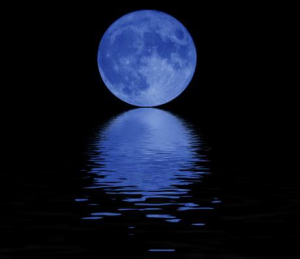
And it can mean illusion or deception. This is usually self-deception, but it can also be that the querent is being deceived by someone he trusts or is deceiving someone who trusts him. It may indicate mental and/or emotional confusion or fear of exploring inner motivations and the shadow. The Moon is also the card of addiction and insanity.
To discover what The Moon is manifesting in a particular reading you must not only look at where the card appears in the spread and examine the surrounding cards, but you must also examine the querent and the significator even more carefully than usual.
If The Moon is reversed, only your intuition can tell you how that affects the meaning. The Moon can be a land mine. Read it incorrectly and you will blow the reading. But if you get it right, you might be able to tell the querent something important about himself or a situation that he didn’t already know. This doesn’t happen in a reading very often.
The Moon and the Hero’s Journey:
Whenever we fall in love, dream, have a hunch about something, work with a mental health professional, use drugs to either alter our moods or take a trip, meditate, commune with our gods, deceive ourselves about someone or something, are deceived by someone, or are deceitful The Moon has touched our lives.
Romance novels, with bedazzled lovers groping in the strange territory of their lover’s feelings, impulses, and motivations, and murder mysteries, packed with deceitful villians and suspects trying to keep their secrets from the detective, are both creatures of The Moon.
Actually, as far as I can tell, The Moon shines in almost any work of fiction. Can you think of one where it doesn’t?
-
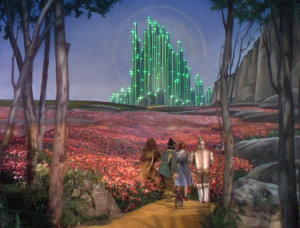
In the movie, The Wizard of Oz, Dorothy’s entire trip to Oz is a dream that teaches her to appreciate her friends and family and understand that “There’s no place like home.” -
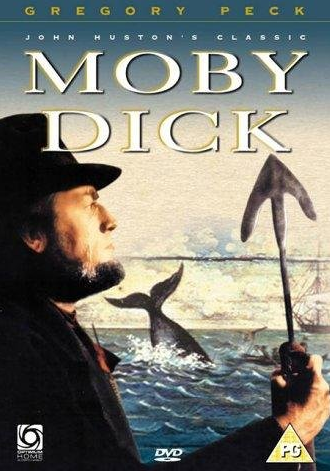
In Herman Melville’s novel, Moby Dick, as soon as the Pequod leaves the dock, its crew becomes a part of their insane Captain’s doomed quest of the white whale.
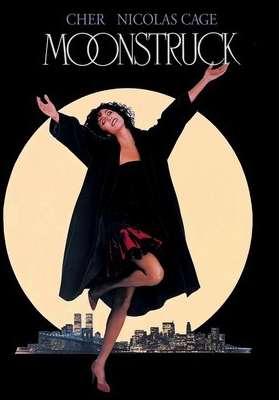
The archetype most closely associated with The Moon is The Shapeshifter, a character who, like The Moon, deceives and changes, seeming to be one thing but turning into another, and often another. Shapeshifters add mystery, suspense, and uncertainty to the plot. This archetype can be paired with any of Christopher Vogler’s other archetypes. Heroes, Allies, Threshold Guardians, Shadows, etc. can all be Shapeshifters.
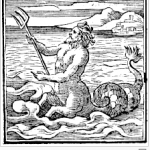 In Greek Mythology, Proteus, the oracular Sea God, was a shapeshifter. Both Meneleus, jilted husband of Helen of Troy, and Aristaeus, son of Apollo, had to hold onto him tightly while he changed into a series of terrifying forms. Eventually he became himself and answered their questions. The lesson being that if one perseveres with shapeshifters, the truth eventually comes out.
In Greek Mythology, Proteus, the oracular Sea God, was a shapeshifter. Both Meneleus, jilted husband of Helen of Troy, and Aristaeus, son of Apollo, had to hold onto him tightly while he changed into a series of terrifying forms. Eventually he became himself and answered their questions. The lesson being that if one perseveres with shapeshifters, the truth eventually comes out.
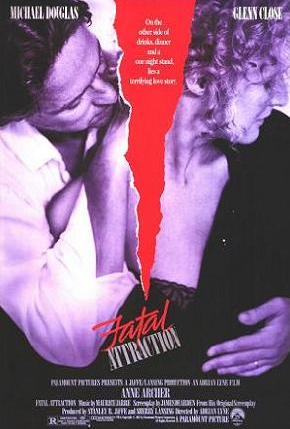
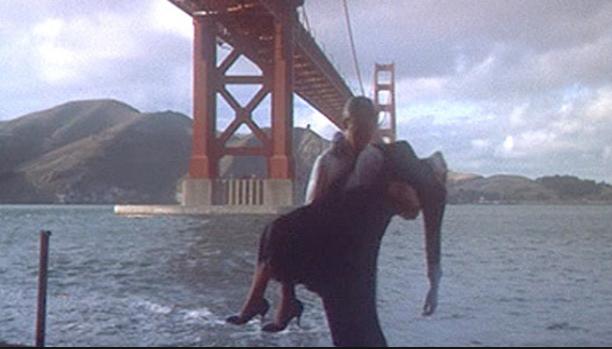
‘s wife, back to a lover, then back to a corpse–a real one this time. Now that’s a Shapeshifter.
In Vertigo, Alfred Hitchcock’s psychological thriller, an acquaintance hires a detective to keep an eye on his wife, who he believes is posessed. Over the course of the movie the woman shifts from mentally disturbed wife, to the detective’s lover, to a dead woman, to a deceptive woman who hadn’t really died but was part of a plot to murder the acquaintence
‘s wife, back to a lover, then back to a corpse–a real one this time. Now that’s a Shapeshifter.
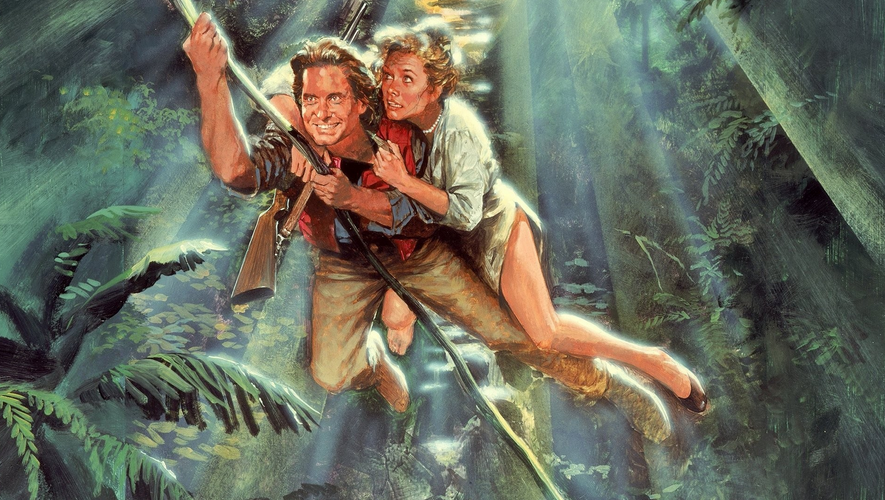
Without The Moon, our lives wouldn’t be worth living, our literature wouldn’t be worth reading, our movies and plays wouldn’t be worth watching, and our art would be ever so dull.


